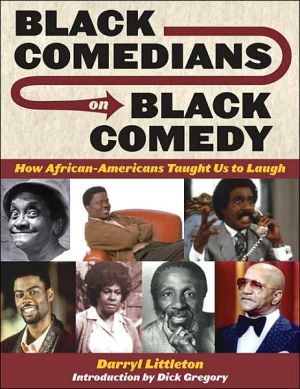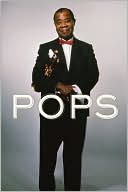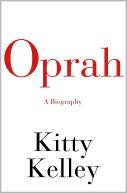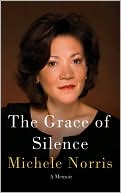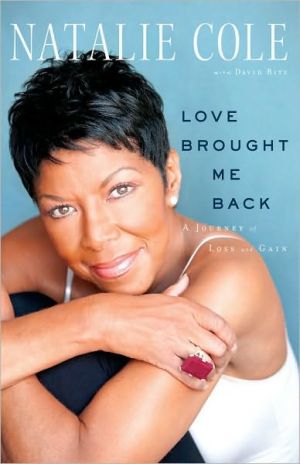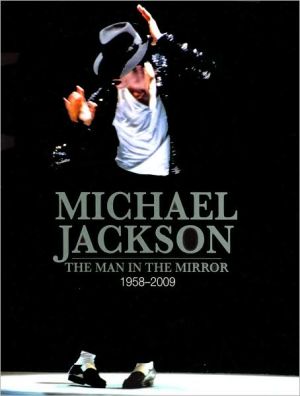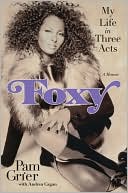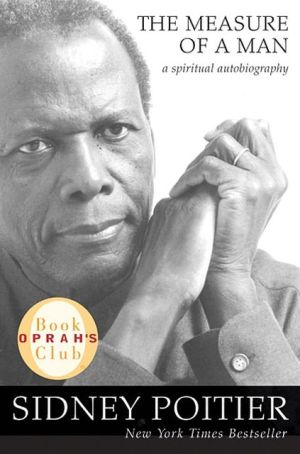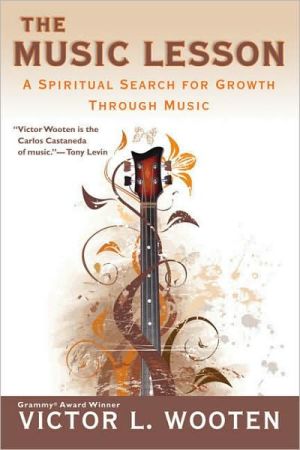Black Comedians on Black Comedy: How African-Americans Taught Us to Laugh
(Applause Books). Black Comedians on Black Comedy is the only up-to-date book to examine African-American humor. Comedian Darryl Littleton traces the history and evolution of "black comedy" in his narrative and through the 125 interviews he conducted with some of the top African-American comedians in the world. Those interviewed include Dick Gregory, Sinbad, Eddie Murphy, Mike Epps, Cedric the Entertainer, Nick Cannon, Bernie Mac, Eddie Griffin, Damon Wayans, Arsenio Hall, Chris Rock, Marla...
Search in google:
For almost four hundred years, black Americans have been entertaining the masses through humor. Here is the only up to date book to examine this genre. This book traces the history and evolution through the 121 interviews conducted with some of the top African-American comedians in the world. Fables and myths are clarified, facts unraveled, and good times are nonstop as the makers of comedy history put that history in their own words. They not only share their appreciation of the established icons, but tip their hats to many of the unsung heroes as well. Those interviewed include: Dick Gregory, Eddie Murphy, Cedric the Entertainer, Mike Epps, Bernie Mac, Nick Cannon, Damon Wayans, Eddie Griffin, Arsenio Hall, Rudy Ray Moore, Chris Rock, Sinbad, Marla Gibbs, Thea Vidale, Robert Townsend, Timmie Rogers, Franklyn Ajaye, and John Witherspoon.Library JournalIn the introduction, comedian Dick Gregory describes this book as a "history in progress of the contribution of black comedians." Littleton, also a comedian (he performs under the name D'Militante), then divides the work into chronological eras. He begins with slaves using humor as a survival tool and continues through minstrel shows; the Chitlin' Circuit (venues at which African American talent could perform during the days of racial segregation), and how blacks were portrayed as stand-ups, in early films, and on radio and television. Littleton conducted 121 interviews with industry talent and intersperses the text with their comments, their biographical profiles, and their answers to such questions as, "If you'd been a slave, what jokes would you have told about the master?" All fascinating and funny, with much little-known information, but the format makes for a chaotic read-the narrative is continuously interrupted by questions, answers, jokes, and profiles. However, because little exists on this topic, the book is recommended for larger public libraries and academic libraries with black history collections.-Rosellen Brewer, Sno-Isle Regional Libs., Marysville, WA Copyright 2006 Reed Business Information.
\ Library JournalIn the introduction, comedian Dick Gregory describes this book as a "history in progress of the contribution of black comedians." Littleton, also a comedian (he performs under the name D'Militante), then divides the work into chronological eras. He begins with slaves using humor as a survival tool and continues through minstrel shows; the Chitlin' Circuit (venues at which African American talent could perform during the days of racial segregation), and how blacks were portrayed as stand-ups, in early films, and on radio and television. Littleton conducted 121 interviews with industry talent and intersperses the text with their comments, their biographical profiles, and their answers to such questions as, "If you'd been a slave, what jokes would you have told about the master?" All fascinating and funny, with much little-known information, but the format makes for a chaotic read-the narrative is continuously interrupted by questions, answers, jokes, and profiles. However, because little exists on this topic, the book is recommended for larger public libraries and academic libraries with black history collections.-Rosellen Brewer, Sno-Isle Regional Libs., Marysville, WA Copyright 2006 Reed Business Information.\ \
